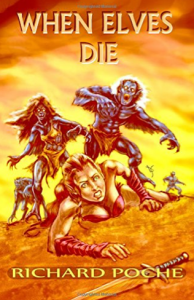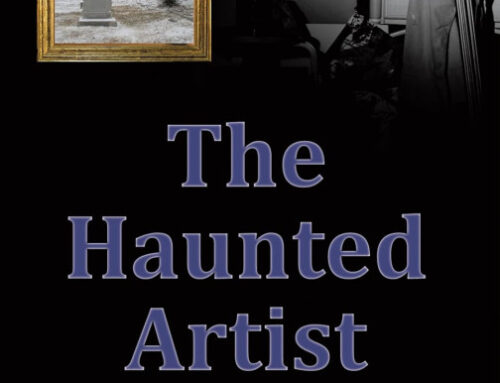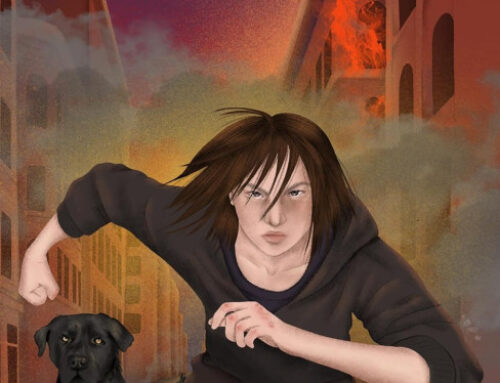 When Elves Die is the debut novel of author Richard Poche. It’s a traditional medieval fantasy tale, with all the mainstays and characterizations that are expected from the dark fantasy genre.
When Elves Die is the debut novel of author Richard Poche. It’s a traditional medieval fantasy tale, with all the mainstays and characterizations that are expected from the dark fantasy genre.
Here we have tribal clans of elves, cruel, brutish orcs, violent martial barbarians, evil witches, pure princesses, and even vampire-like creatures called killtooths. In essence, When Elves Die is a survival tale, following a multitude of protagonists (some fleeting, some not) including Princess Carella, Zanfire the Cleric, Kelroar the Barbarian, and a veritable host of elven (or half-elven) characters. It is up to Carella and the rest of her companions to unite the disparate elven clans in order to face the Dark Queen’s attempts at genocide. Battling the forces of darkness may be the least of their worries, however, because the evil within is often more difficult to defeat than Dark Queen’s obvious and horrifying minions.
However, When Elves Die has proofing and editing problems, both from a grammatical standpoint, and when considering the structure of the story. With the exception of some characters struggling to overcome their flaws, little character development occurs. A number of characters enter and exit the plot so quickly that I found myself wondering why they had been included at all. In a nutshell, this plot could have benefitted greatly by converting a large portion of combat sequences into plot-building or character-developing scenes.
In more controlled doses, the gritty combat of this novel would have been a good fit for the desperate battles dark fantasy enthusiasts love. As it is, When Elves Die has a lot of unconvincing sword fights and arrow-slinging, that rapidly becomes a rote exercise. Arguably, the most important aspect of fantasy – or any fiction – that matters is that there must be a sense of belief. The world in which When Elves Die is set doesn’t seem to extend beyond the boundary of any specific scene, so it was difficult to suspend belief because the book’s world does not come off as immersive.
Despite these flaws, there were several moments in When Elves Die that shone through. Poche can be incredibly descriptive, creating random moments that display fantastic imagery. There were even a few times when I had to set the book aside to appreciate (and contemplate) extraordinarily insightful moments. The ending in particular was surprisingly touching, and capped off the conclusion in a way that was delicate, unexpected, and moving. Even Poche’s themes are admirable, particularly the idea that everyone is flawed. It is the inner demons that can prove the most destructive, and Poche’s presentation of this deserves appreciation.
In short, this is a debut novel with all the good and not so good that generally entails. Debuts often act as the primary foundation for authors in discovering what works and what doesn’t and can be the perfect learning experience to make their future works shine. Richard Poche clearly has some descriptive talent, and as he sharpens his character, plot, and literary skills, I’ve no doubt his subsequent novels will show true promise.
Links
Amazon
Author’s Den
Review Overview
Design
Content
Editing
Get an Editorial Review | Get Amazon Sales & Reviews | Get Edited | Get Beta Readers | Enter the SPR Book Awards | Other Marketing Services






















Leave A Comment